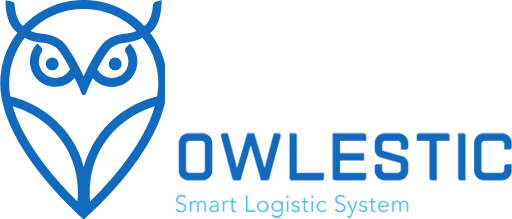Fleet Management for Non-Profit Organizations: Balancing Cost and Operational Needs
30 Sep 2024Non-profit organizations play a vital role in communities by addressing various social, environmental, and cultural issues. However, managing operational costs effectively is crucial for their sustainability and success. Fleet management, often overlooked, can significantly impact a non-profit's ability to operate efficiently. By leveraging advanced fleet management solutions like Owlestic, non-profits can streamline operations while maintaining their mission-focused objectives.
Understanding the Unique Needs of Non-Profit Organizations
Non-profit organizations typically operate on limited budgets and rely heavily on donations and grants. As such, it is essential for them to maximize every dollar spent. Fleet management is particularly important in this context, as it directly affects transportation costs, volunteer coordination, and overall operational efficiency. By optimizing fleet management, non-profits can ensure that resources are allocated effectively.
Key Benefits of Fleet Management for Non-Profits
1. Cost Reduction through Efficient Operations
Implementing a fleet management system can lead to significant cost savings. Owlestic provides real-time insights into fuel consumption, vehicle maintenance, and driver behavior. By identifying inefficiencies, non-profits can reduce operational costs and allocate more funds toward their core mission.
2. Improved Volunteer Management
Non-profits often rely on volunteers for transportation and service delivery. A fleet management system can streamline the process of scheduling and coordinating volunteer drivers. Owlestic’s scheduling features help ensure that vehicles are utilized efficiently, allowing volunteers to focus on their impactful work.
3. Enhanced Safety and Compliance
Safety is paramount, especially for organizations working with vulnerable populations. Fleet management solutions provide tools for monitoring driver behavior, ensuring compliance with safety regulations, and conducting regular vehicle maintenance. Owlestic’s telematics feature enables organizations to track driver performance, reducing the risk of accidents and enhancing overall safety.
4. Data-Driven Decision Making
Non-profits can benefit from data analytics to make informed decisions regarding fleet operations. Owlestic’s reporting capabilities provide insights into vehicle utilization, operational costs, and maintenance needs. This data empowers non-profits to optimize their fleet strategy and make strategic budget allocations.
5. Sustainability Initiatives
Many non-profits are committed to environmental sustainability. Implementing green fleet management practices not only aligns with their mission but can also attract support from eco-conscious donors. Owlestic enables non-profits to monitor fuel efficiency, implement alternative fuel options, and reduce their carbon footprint.
Conclusion: Empowering Non-Profits with Owlestic
Fleet management is a critical component for non-profit organizations aiming to balance cost and operational needs. By utilizing advanced solutions like Owlestic, non-profits can streamline their operations, enhance volunteer coordination, and ensure safety while staying focused on their mission.
To explore how Owlestic can transform your non-profit's fleet management, consider our free consulting, and for detailed pricing information, visit our pricing page. Additionally, you might find our article on Achieving Sustainability Goals with Green Fleet Management Solutions insightful for further enhancing operational efficiency.
